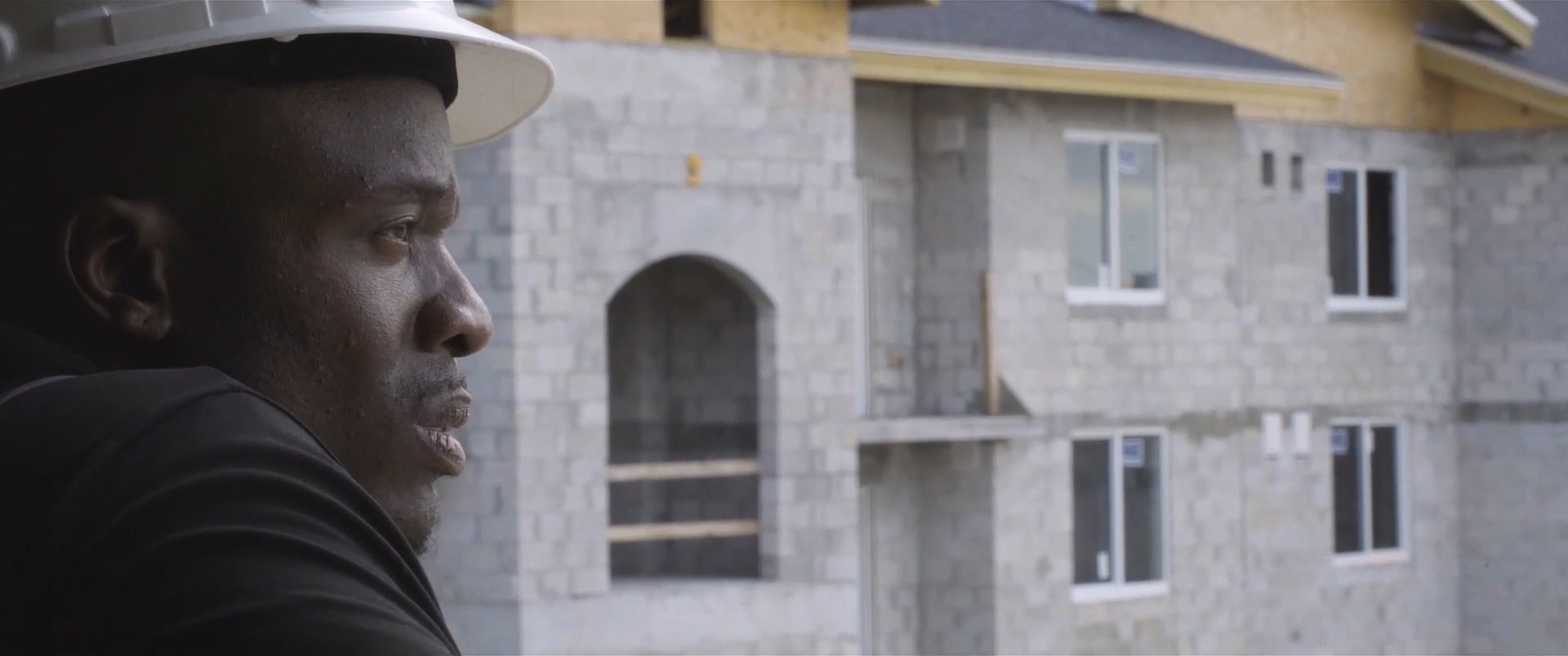Liberty Square was a poor community that became rich. That may sound like a dream come true for its residents, but in truth, what is happening there is a slow nightmare that is forcing people out of their homes and community. It is a part of Liberty City in Miami, Florida, a place populated by a primarily low income black community who have had no choice but to live there. The imposed racial hierarchy by the white upper class deprived many of these people from succeeding and moving to more developed areas for decades. And now, a new plague has come to deprive them of the only homes they have: climate gentrification.
Katja Esson’s documentary, aptly titled RAZING LIBERTY SQUARE, highlights this new issue that the people of Liberty Square are facing, forcing us to confront the harsh reality that many of us are not familiar with. Due to climate change pushing the shorelines back, housing companies have decided to move forward with creating new housing in more dilapidated areas for other people to occupy and decided that Liberty Square would be the perfect place for this. Public housing homes are torn down and are replaced by brand new mixed-income buildings that are far more expensive than what came before. From there, the chain of events is clear to how this can displace hundreds from their homes, even rendering some houseless.
The documentary, which spans multiple years both before and after the COVID-19 pandemic, does not choose to spend its runtime explaining in detail what climate gentrification is or why it matters. Instead, it chooses to showcase the community that has occupied the area for decades, and how this new housing situation is destroying it. The people who lived in Liberty Square were just trying to make it by with what they have, while still spending time with one another and appreciating their home for what it was. By destroying homes and upending the community, the families that many had built were torn apart. Some people decided it was in their best interest to stay in Liberty Square, while others left because of the risk that came with staying: an end to their one-year voucher in their new mixed-income housing.
One particular person who captured my attention in the film was Samantha Quarterman, the principal of Liberty Square’s school. She works tirelessly to help the kids of Liberty Square receive the best education they can get, a true hero of the community. When a charter school is planned to be built instead of her public community school, she is understandably frustrated. That act mirrors the decision to drastically shrink the planned health center for a large veterinarian clinic. Samantha does eventually build her own school, but these decisions still reflect Miami’s long-history of broken promises to black communities, something the people of Liberty Square were worried about from the announcement of this project.
RAZING LIBERTY SQUARE does not provide any solutions to the housing crisis caused by climate change, but it does take a firm stance on the danger climate gentrification poses. It destroys communities and their histories, can damage the children of the future, and prevent the people who need it most from attaining better living conditions. It is imperative that those in power make the right decisions so that the people in places like Liberty Square can maintain their livelihood while gaining improved residential areas at the same time. That way, multiple problems of the modern world can be solved all at once.
 Devin Hung is currently a sophomore majoring in Creative Media at the University of Hawai’i at Mānoa. He was selected last year to be a mentee in HIFF’s Online Creators and Critics Immersive where he wrote articles on some of the films present, and has written movie reviews since working for his high school’s newspaper. He aims to one day become a film critic with an audience to introduce films of varying origins and genres to, as well as provide himself with an outlet to channel his love of film. When he isn’t watching movies or doing his schoolwork, he enjoys spending his time writing, spending time with his friends, and religiously updating his Oscar predictions.
Devin Hung is currently a sophomore majoring in Creative Media at the University of Hawai’i at Mānoa. He was selected last year to be a mentee in HIFF’s Online Creators and Critics Immersive where he wrote articles on some of the films present, and has written movie reviews since working for his high school’s newspaper. He aims to one day become a film critic with an audience to introduce films of varying origins and genres to, as well as provide himself with an outlet to channel his love of film. When he isn’t watching movies or doing his schoolwork, he enjoys spending his time writing, spending time with his friends, and religiously updating his Oscar predictions.
The HIFF ONLINE CREATIVES & CRITICS IMMERSIVE (HOCCI) program supports sustainable film criticism in Hawai‘i through mentorship and paid career opportunities. The mission of HOCCI is to broaden diversity in film criticism across the Pacific region and use influencer branding strategies to spark career opportunities in Hawai’i, not be hampered by oceans, state borders and distance, because geography is no longer a barrier. The 2023 HOCCI is supported by Critical Minded, a grant-making and learning initiative that supports cultural critics of color in the United States.



